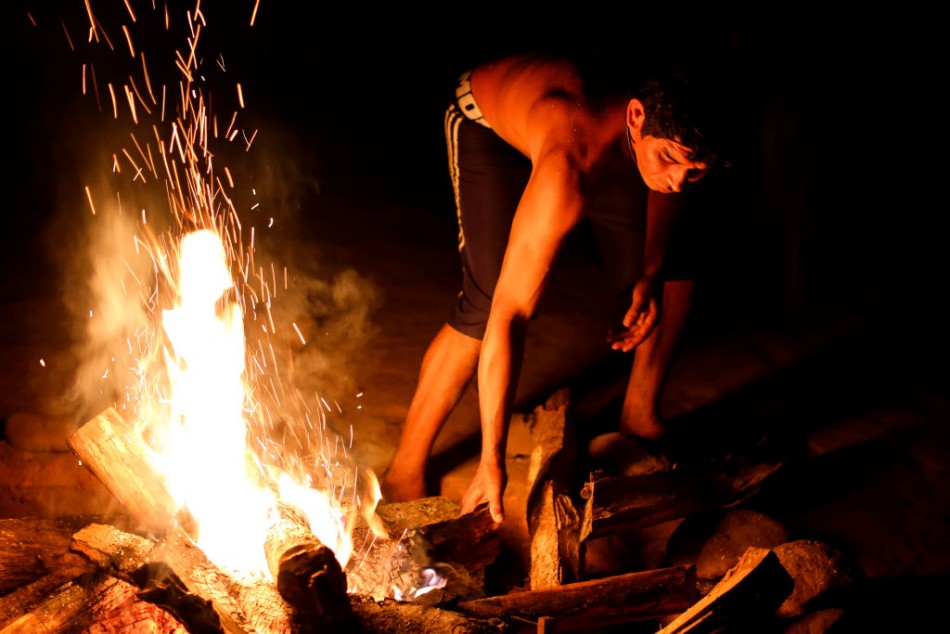5 Outdoor Skills Kids Must Know to Raise their Risk Tolerance

You don't have to be a wilderness expert to enjoy the outdoor life and if you have curious kids, imparting some great technics to help them develop outdoor skills can be both a fun adventure and a beneficial endeavor.
The basic reason kids need to learn some outdoor skills is so that they can be better equipped to handle risk and emergencies. Venturing outdoors also helps kids explore the world around them, which is good for their learning and education.
Here are five outdoor skills that kids should know to raise their risk tolerance and improve their ability to take charge during emergency situations.
1. Building a fire
According to Tactical Gear, learning how to build a fire from scratch is a matter of survival. If by some stroke of bad luck, the children are in a natural disaster without any resources and supplies, or if they find themselves trapped in the wilderness during a camp-out, then it would be very helpful to have this skill.
Popular environmentalist Philippe Cousteau Jr. said that when his children are about 10 years old, he will teach them how to build a fire so they can boil water and cook in the wilderness. He also said that there are basic rules of nature that should be considered when starting a good fire outdoors so that they won't impact the surroundings.
Read Also: Tom Cruise's New Movie Drives 'Maverick' Baby Name Popularity in Iowa
2. Catching and cleaning a fish
When it comes to self-sufficiency, kids have to learn how to catch and clean a fish so they can feed themselves if they are outdoors. The earlier kids learn this skill, the fewer chances they will develop an aversion to gutting the fish because this process may actually be gross for older people.
Cleaning a fish will also come in handy in the kitchen when the child learns to cook other sophisticated dishes as a teenager or adult. Learning how to fish, on the other hand, also builds the child's confidence. It will help them feel empowered to know more about the ecosystem, according to Take Me Fishing.
3. Swimming
Some children learn to swim before they can walk. At swim schools, it's common to see kids as young as 6 months old enjoying themselves under the water.
Surviving in the water is a very important skill when about 900 drowning incidents in children happen every year. But swimming is also an enjoyable sport that the children could learn to love as a healthy, recreational activity.
4. Biking
Biking is not just for physical fitness or promoting an active lifestyle. Kids will also have so much fun riding their bikes with their friends to explore the neighborhoods. It's a skill they will never unlearn, which means that they can also get around on bikes as an adult instead of taking public transportation or driving a car, which will be more costly.
5. Understanding maps and compass
While technology has introduced navigational systems for watches, phones or cars, it's still important to teach kids how to read and use maps and compass the traditional way in case they get separated while on an outdoor trek with family, and there's no more battery on the cellphone.
According to Survival Sullivan, kids should know important landmarks, parks, railroad tracks, and water towers to find their way home. Parents can make this learning activity more fun by doing a treasure hunt or taking different routes around the neighborhood and turning this into a racing contest.
Related Article: 6 Do's and Don'ts for Teaching Children to Write Thank You Letters
© 2024 ParentHerald.com All rights reserved. Do not reproduce without permission.
